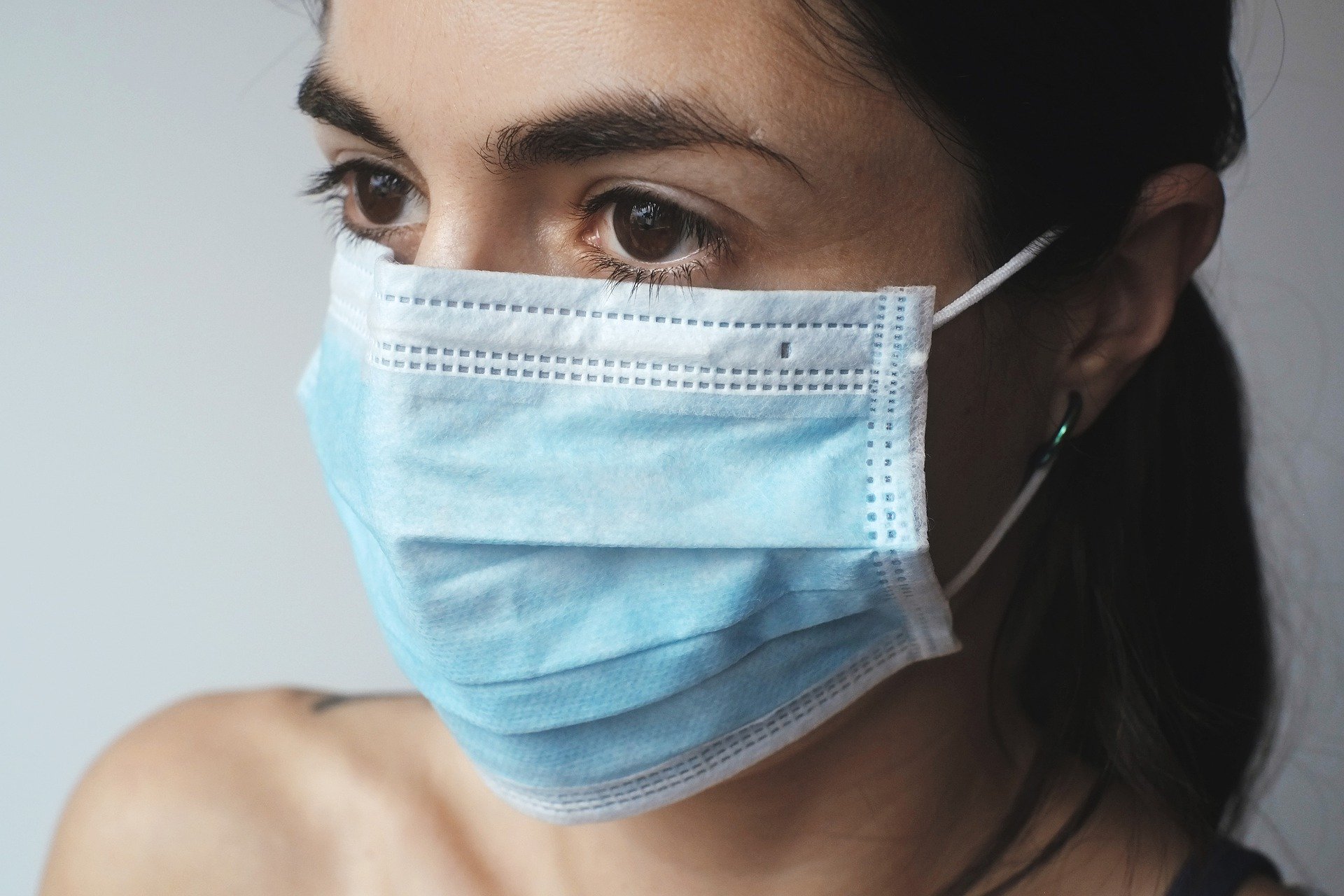In the hustle and bustle of everyday life, it’s easy to overlook routine health check-ups. Many people only visit the doctor when something is clearly wrong, assuming that as long as they feel fine, everything must be okay. However, many serious health conditions, such as hypertension, diabetes, and even some cancers, can develop silently over time, showing no symptoms until they reach advanced stages. This is where preventive health screenings come in—a proactive approach that allows you to take control of your health before problems arise.
Preventive health screenings are not just for those who are already dealing with health issues; they’re for everyone, regardless of age or current health status. In this article, we’ll explore why regular screenings are so important, what they involve, and how often you should schedule them to stay on top of your health.
1. Why Preventive Health Screenings Matter
Preventive screenings are designed to detect potential health issues early, often before symptoms appear. Early detection allows for a broader range of treatment options, which can significantly improve the chances of a positive outcome. For example, high blood pressure (hypertension) is a risk factor for heart disease, but because it rarely shows symptoms, many people aren’t aware they have it until it leads to a more severe condition. Regular screenings can catch issues like these early, allowing you to take steps to manage your health effectively.
Moreover, by identifying health risks early, preventive screenings can help you make lifestyle changes that reduce the likelihood of developing chronic diseases. Even small adjustments—like a healthier diet, regular exercise, and better stress management—can have a significant impact when a potential issue is caught early.
2. Types of Preventive Screenings Everyone Should Consider
Preventive screenings vary depending on factors like age, gender, and family history. Here are some essential screenings that are recommended for most adults:
Blood Pressure Check
High blood pressure is a leading risk factor for heart disease and stroke, but it’s easy to monitor and manage with regular checks. The American Heart Association recommends getting your blood pressure checked at least once every two years if it’s normal, and more often if it’s high or borderline.
Cholesterol Screening
High cholesterol can lead to heart disease, but it often has no symptoms. A simple blood test can measure your cholesterol levels and give you insight into your risk for heart problems. Adults over the age of 20 should have their cholesterol checked every 4-6 years, or more frequently if they have risk factors such as family history or obesity.
Blood Glucose Test
A blood glucose test can indicate whether you’re at risk for diabetes. Many people have prediabetes without knowing it, and early intervention can often prevent the development of full-blown diabetes. Adults should have their blood glucose levels checked every three years starting at age 45, or sooner if they are overweight or have a family history of diabetes.
Cancer Screenings
Cancer screenings vary depending on age and risk factors, but some common ones include:
- Mammograms for breast cancer (recommended annually or biennially for women starting between ages 40-50)
- Pap smears for cervical cancer (recommended every 3-5 years for women starting at age 21)
- Colonoscopy for colorectal cancer (recommended every 10 years starting at age 50, or sooner if there is a family history)
- Skin checks for skin cancer, especially if you have a history of sun exposure or family history of skin cancer
Early cancer screenings can save lives by detecting cancer in its initial stages when it’s most treatable.
Bone Density Test
As we age, bone density can decrease, increasing the risk of fractures. Bone density tests, recommended for women over 65 and men over 70, can help detect osteoporosis early and allow for treatment options that can strengthen bones and reduce fracture risk.
Eye and Hearing Exams
Vision and hearing naturally decline with age, and regular screenings can help catch issues before they interfere with quality of life. Eye exams are recommended every 2 years for adults under 60, and annually for those over 60. Hearing tests are generally recommended every 3 years for adults over 50.
Vaccinations
Preventive care includes staying up-to-date with vaccinations. Vaccines like the flu shot, pneumonia vaccine, and others recommended based on age or specific health conditions are important for preventing illness.
3. How Often Should You Schedule Screenings?
The frequency of health screenings depends on your age, gender, lifestyle, and family history. Here’s a general guide:
- Young Adults (20s-30s): Basic screenings like blood pressure, cholesterol, and a full physical every 2-3 years are usually sufficient. Women should start Pap smears around age 21.
- Middle Age (40s-50s): Screenings become more important. Blood pressure, cholesterol, and blood glucose tests should be done regularly. Cancer screenings, such as mammograms, colonoscopies, and skin checks, become essential.
- Older Adults (60+): Screenings for bone density, vision, hearing, and annual physicals become important. Keeping up with preventive measures can greatly improve the quality of life in later years.
Regular check-ups with a healthcare provider can help establish a personalized screening schedule based on your individual health profile.
4. The Long-Term Benefits of Preventive Screenings
The benefits of preventive screenings go beyond detecting diseases early—they can improve your quality of life and even increase life expectancy. By staying proactive about your health, you’re able to manage or even prevent chronic conditions, reducing the need for more invasive treatments in the future. You’re also more likely to stay informed about your health, which can empower you to make lifestyle choices that benefit you in the long run.
Peace of Mind
Preventive screenings provide peace of mind. Knowing your current health status and potential risks can relieve worry, allowing you to focus on enjoying life with less uncertainty about your well-being.
Financial Savings
Early detection often translates into lower healthcare costs. Treating diseases in their early stages is generally less expensive than managing advanced conditions. In many cases, insurance companies cover preventive screenings, so taking advantage of them can save you money over time.
Increased Awareness and Education
Regular screenings keep you educated about your health and informed about lifestyle changes that could benefit you. Many people find that knowing their cholesterol levels, blood pressure, or blood sugar encourages them to make healthier choices. Preventive care makes you an active participant in your health journey.
5. Take the First Step: Schedule Your Screenings
If it’s been a while since your last check-up, consider this a gentle reminder to prioritize your health. Preventive screenings are a simple yet powerful tool for maintaining health and longevity. Talk to your healthcare provider about what screenings are appropriate for you, and take the first step toward a healthier future.
Remember, health is wealth. By taking a proactive approach through regular screenings, you’re investing in your long-term well-being, so you can live a fuller, healthier life.



